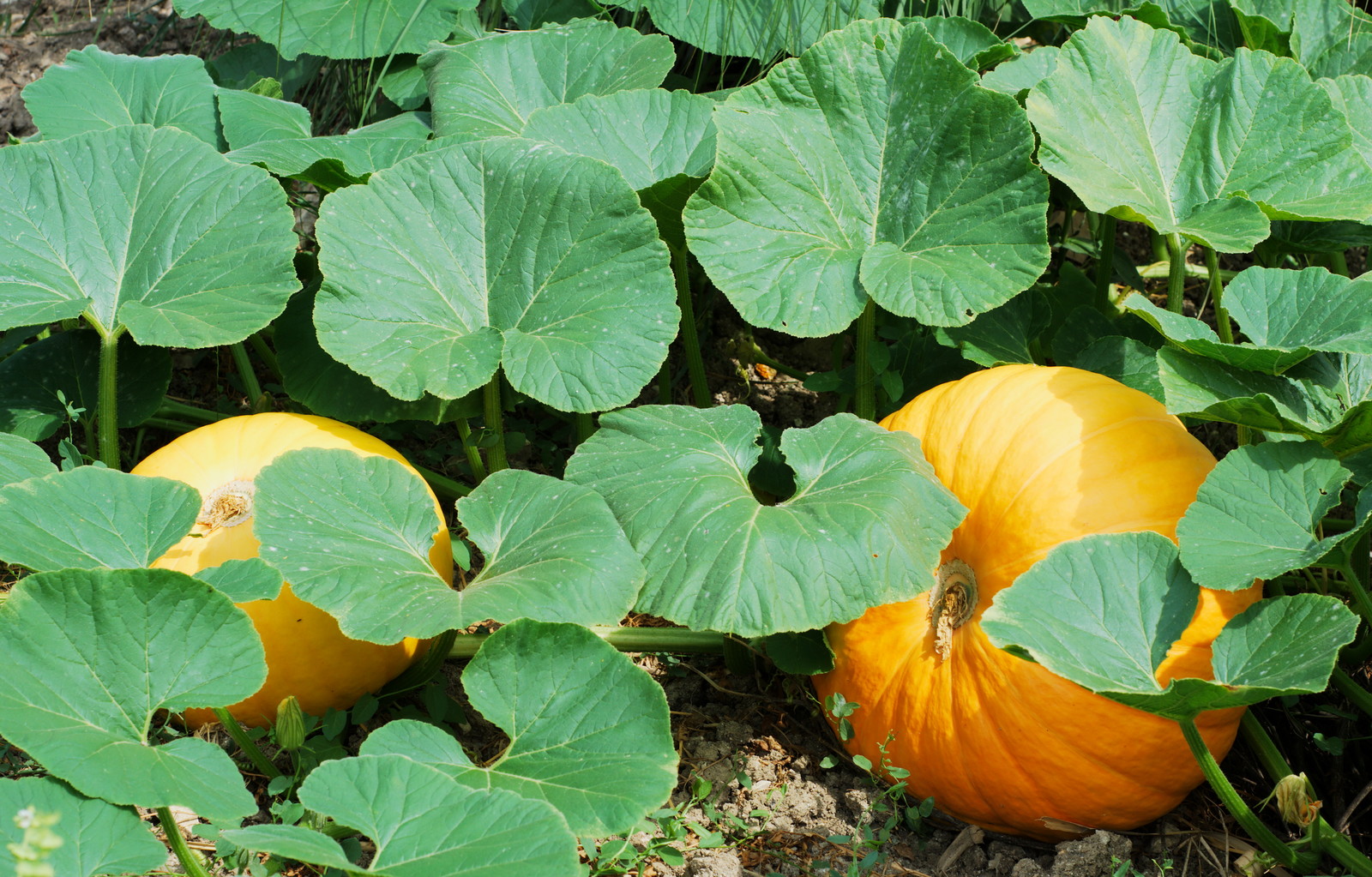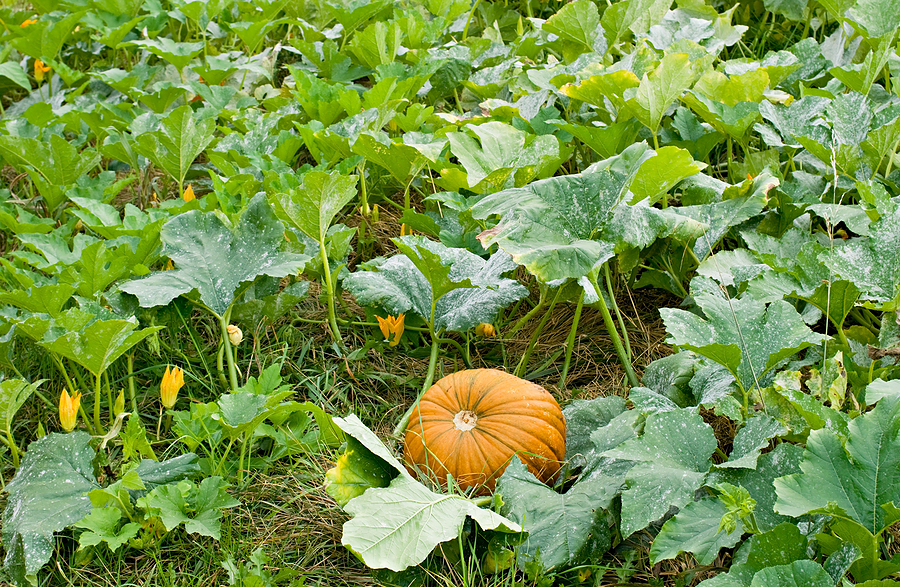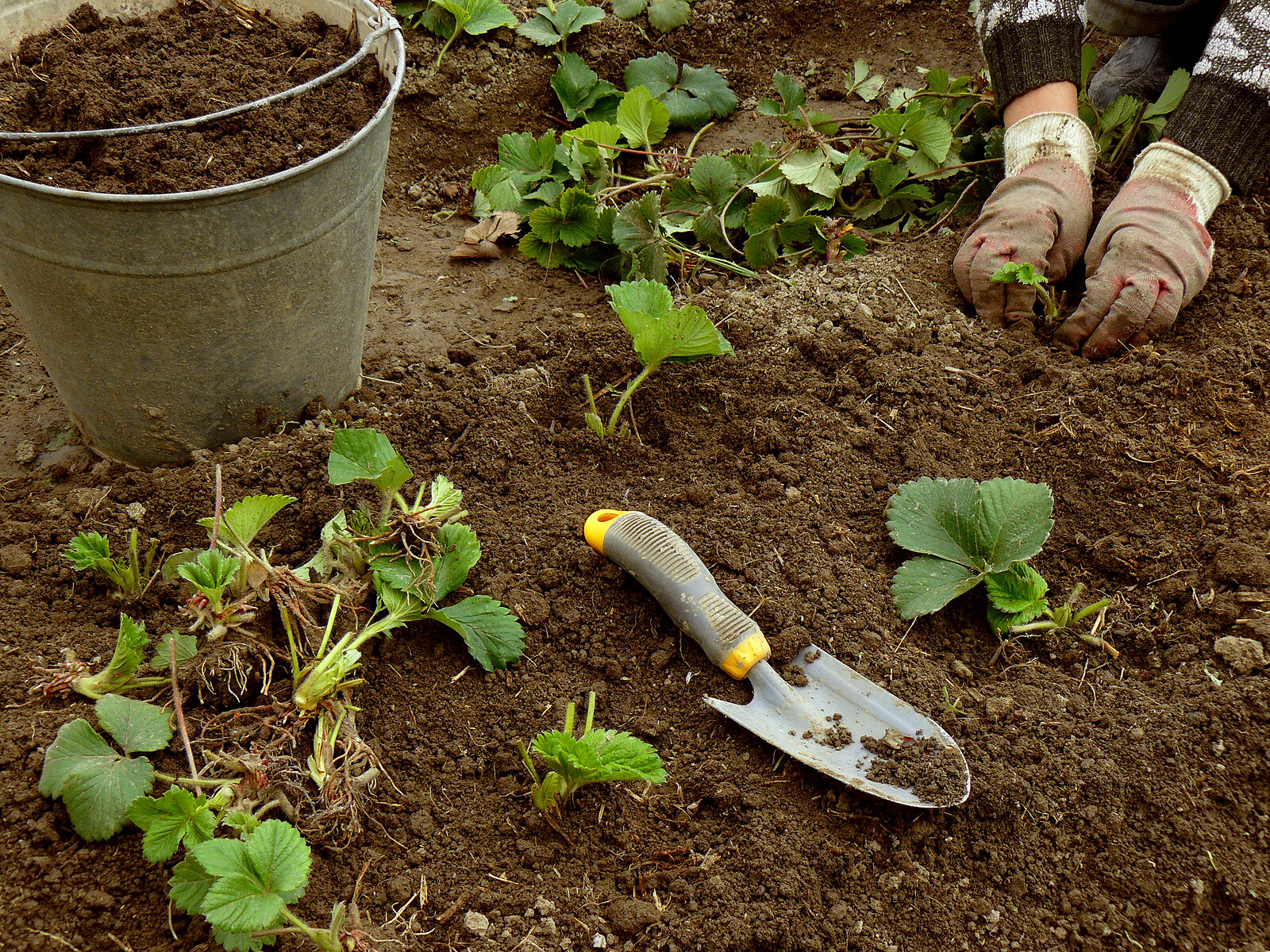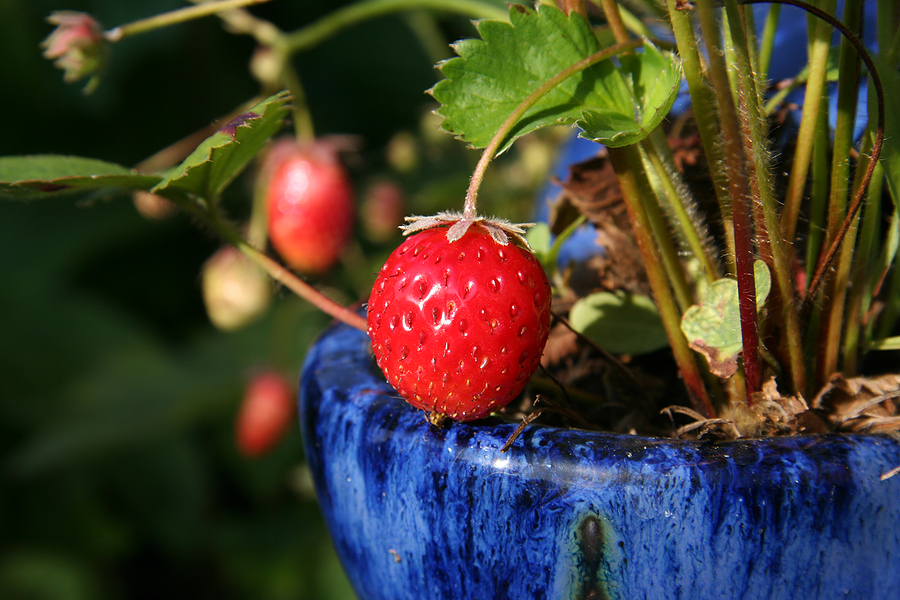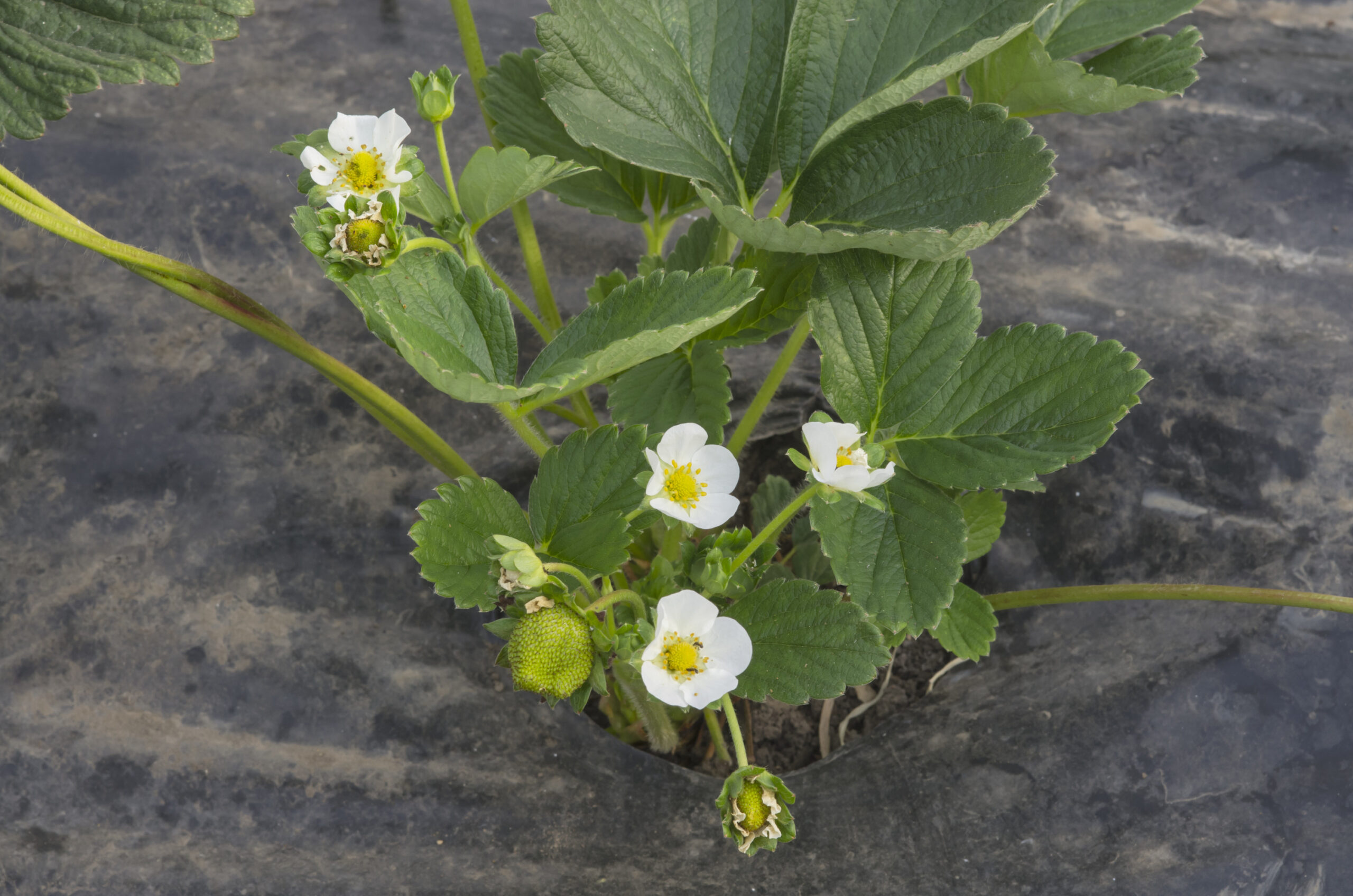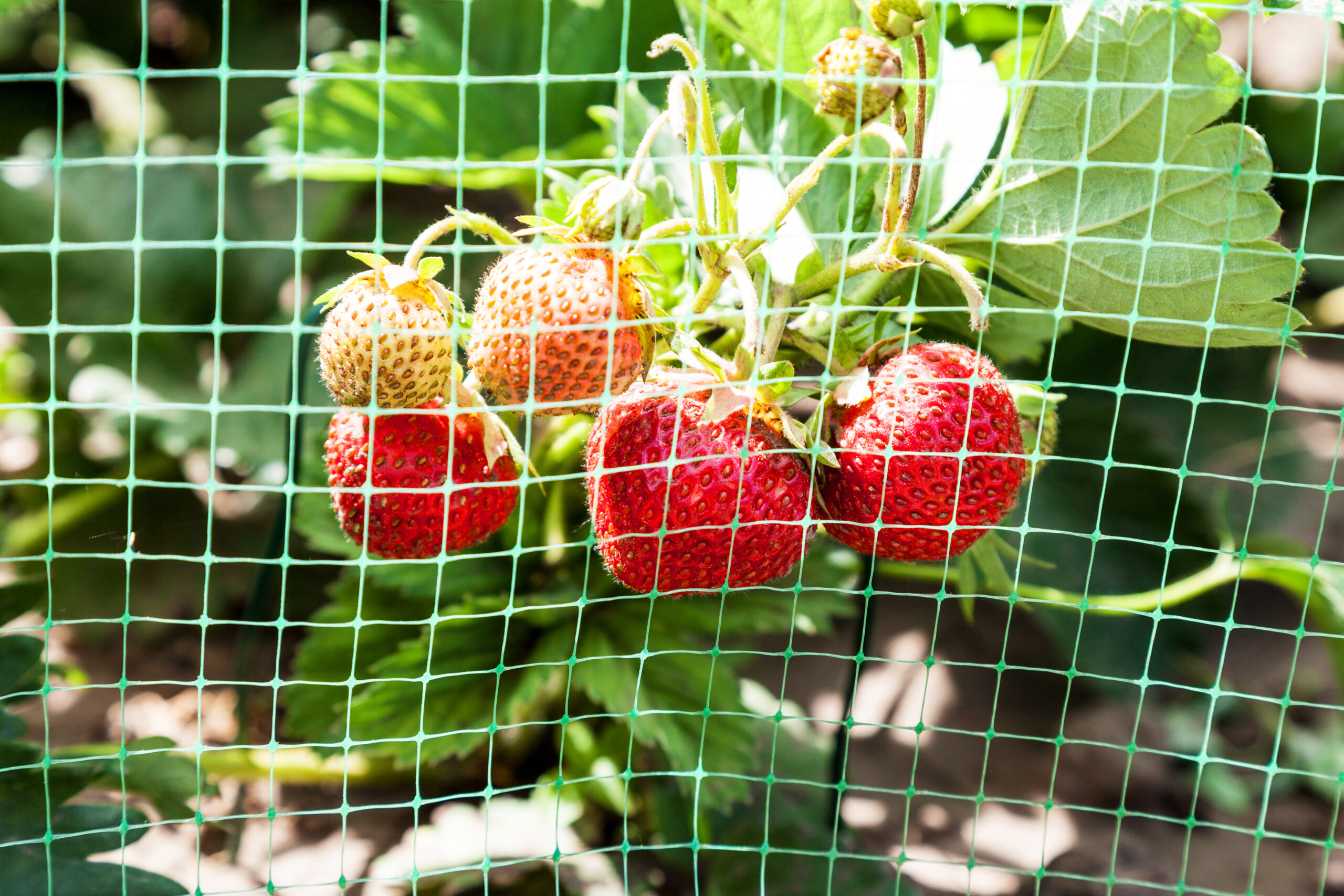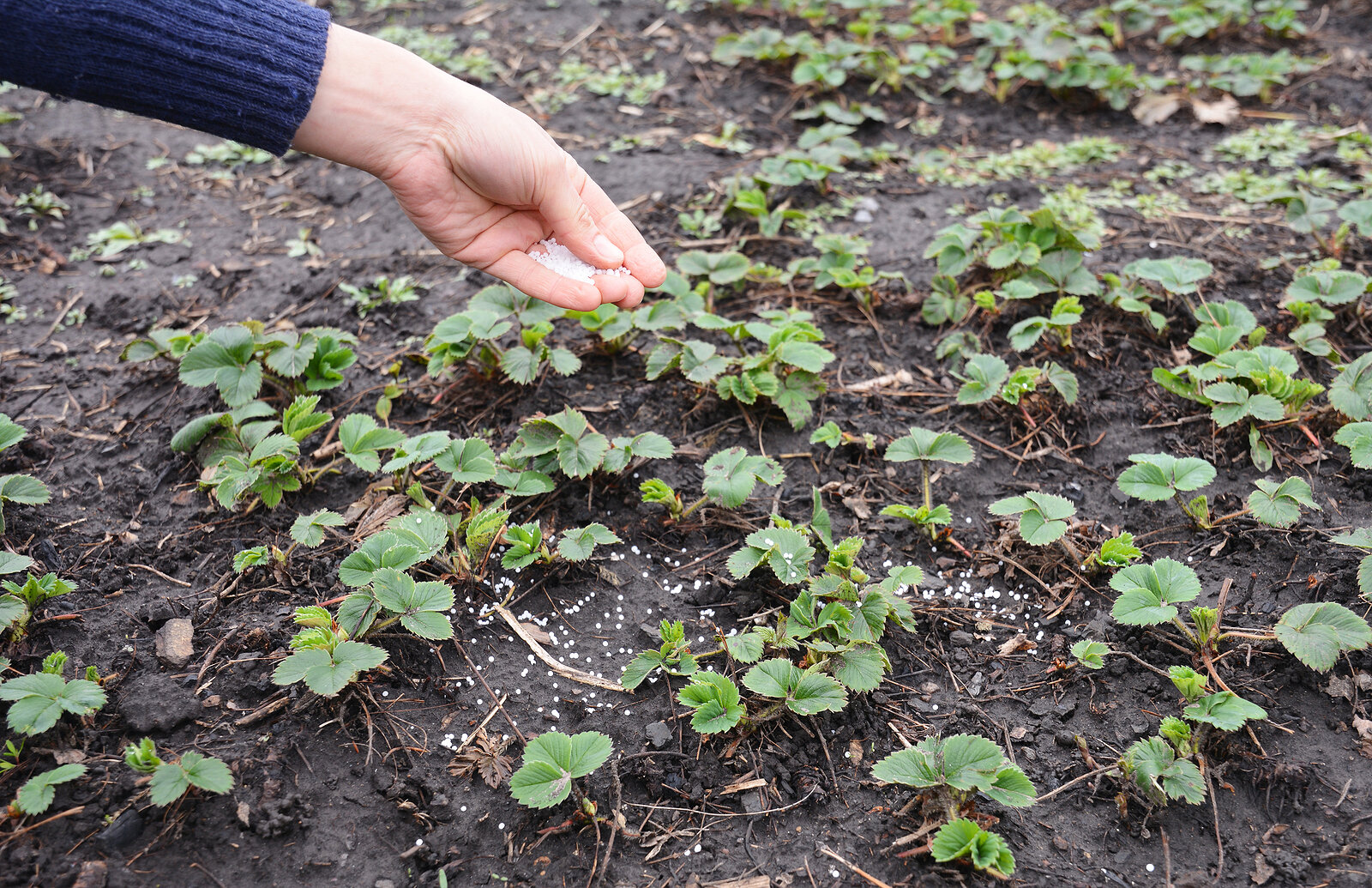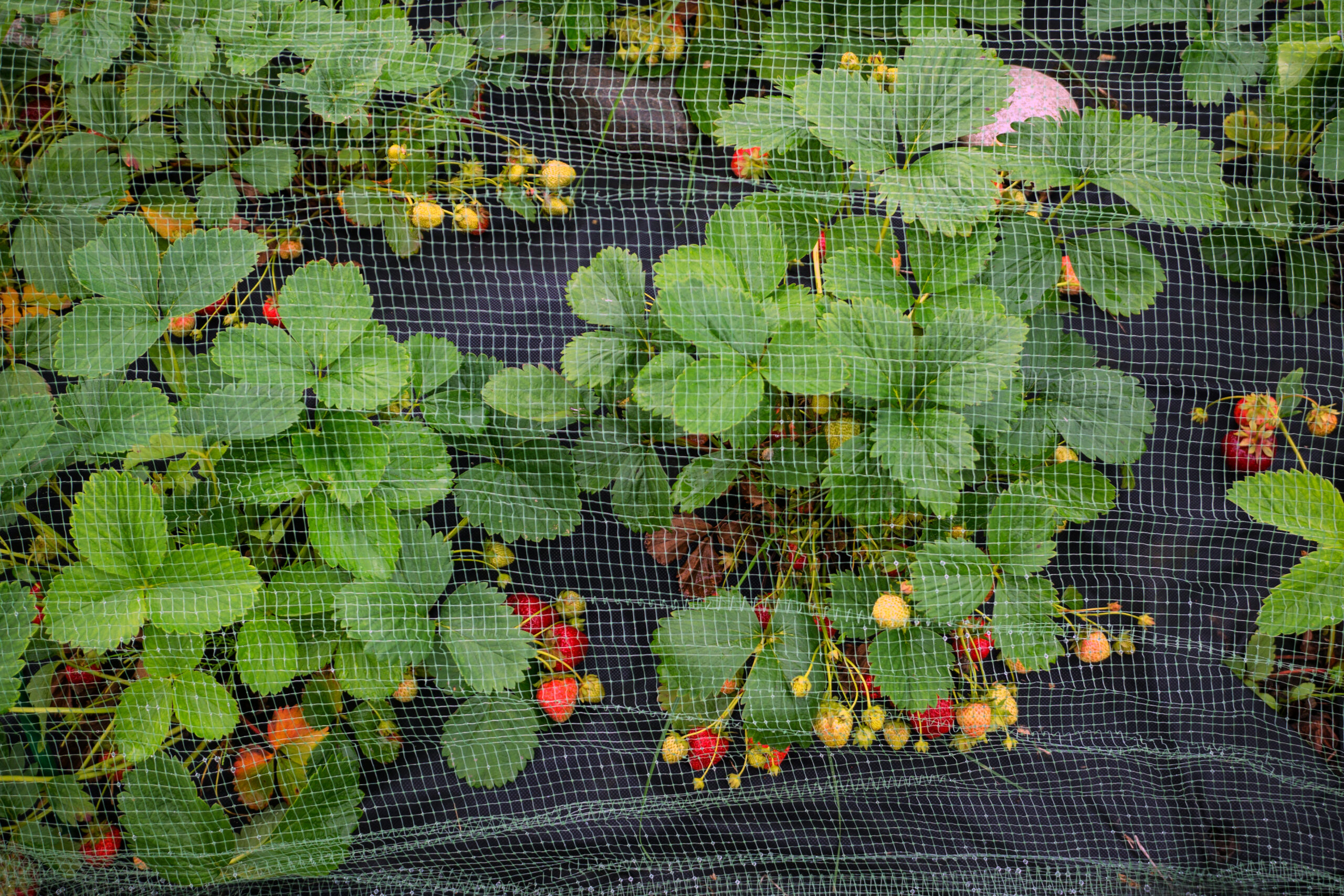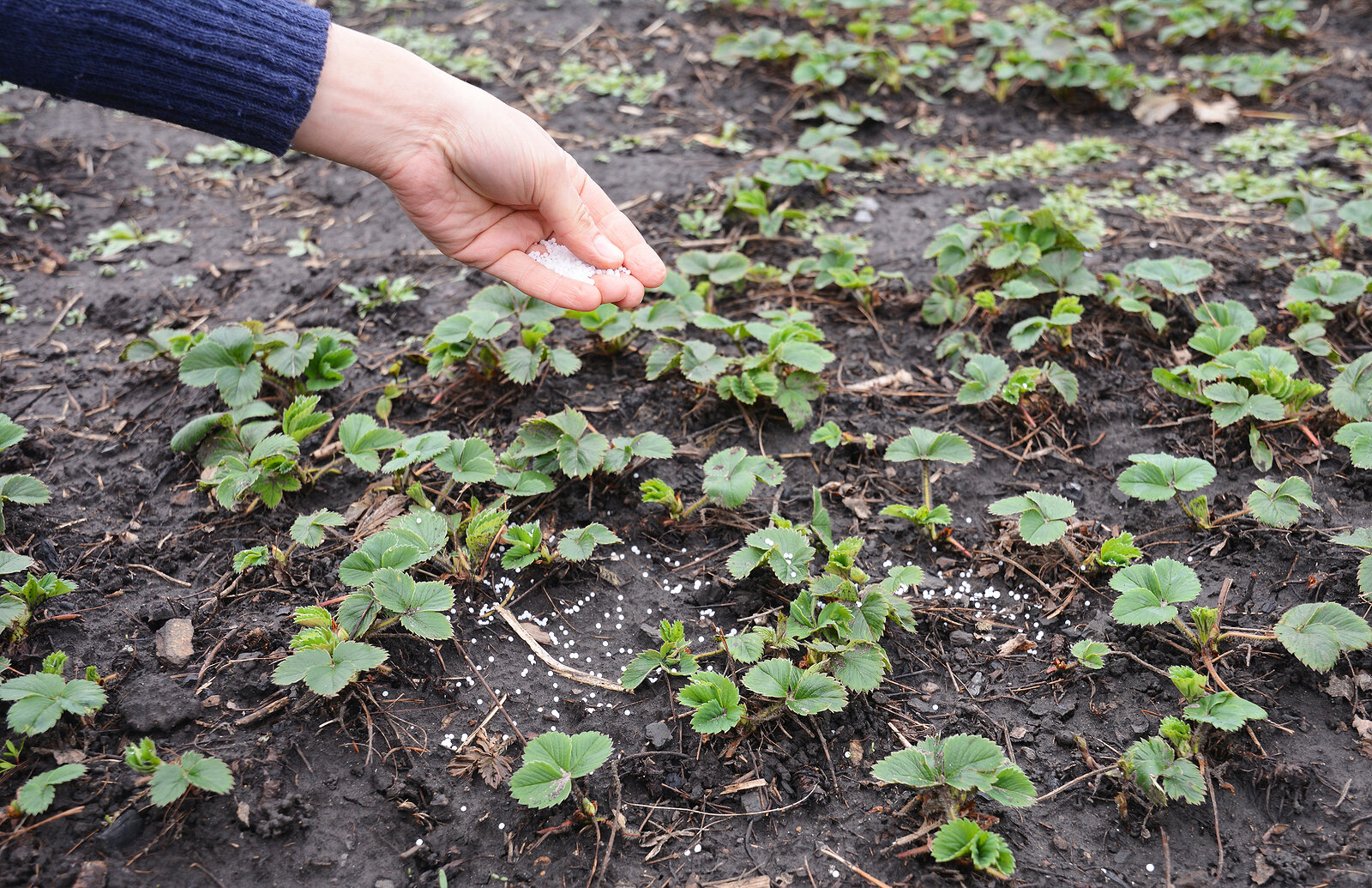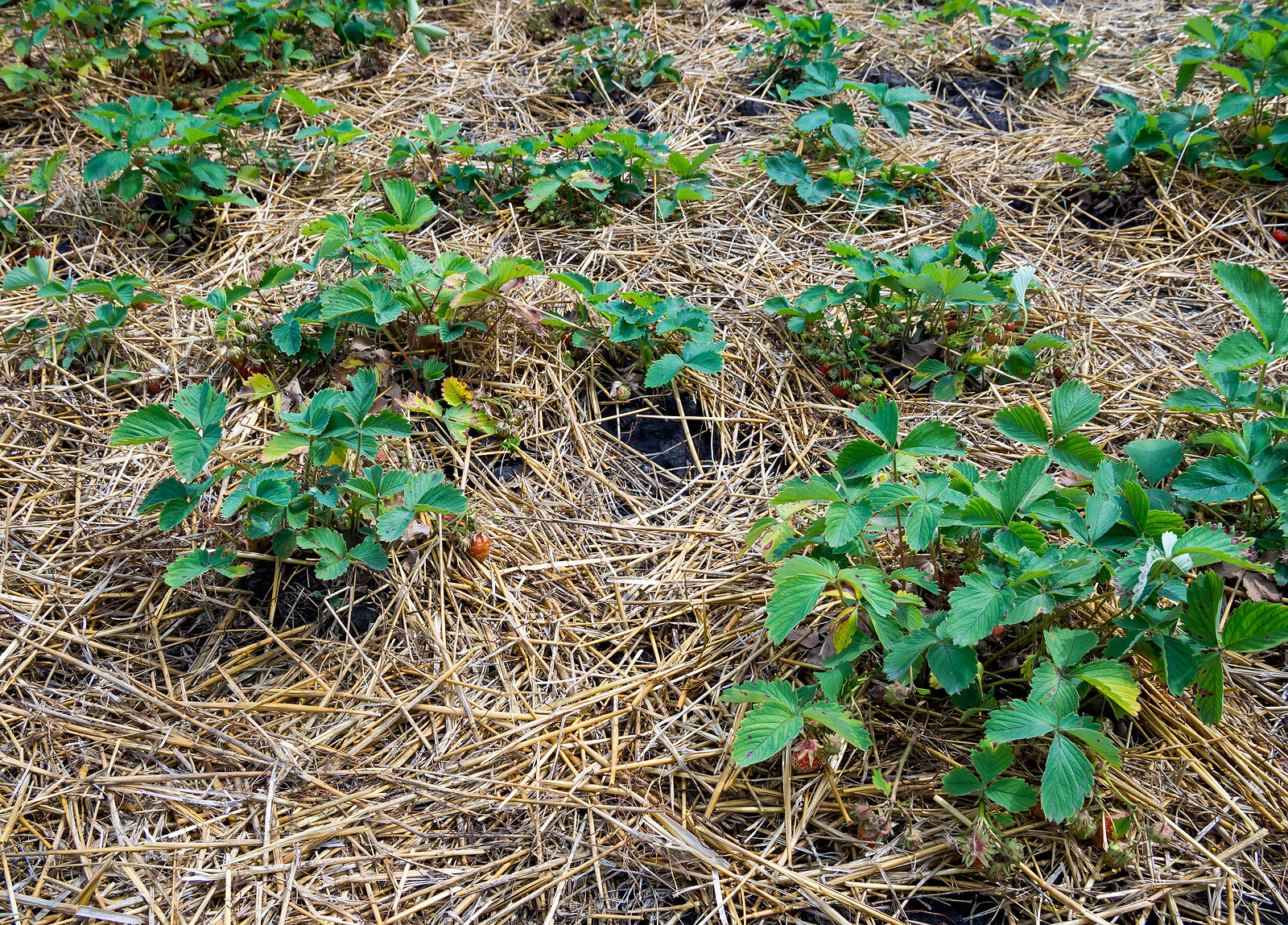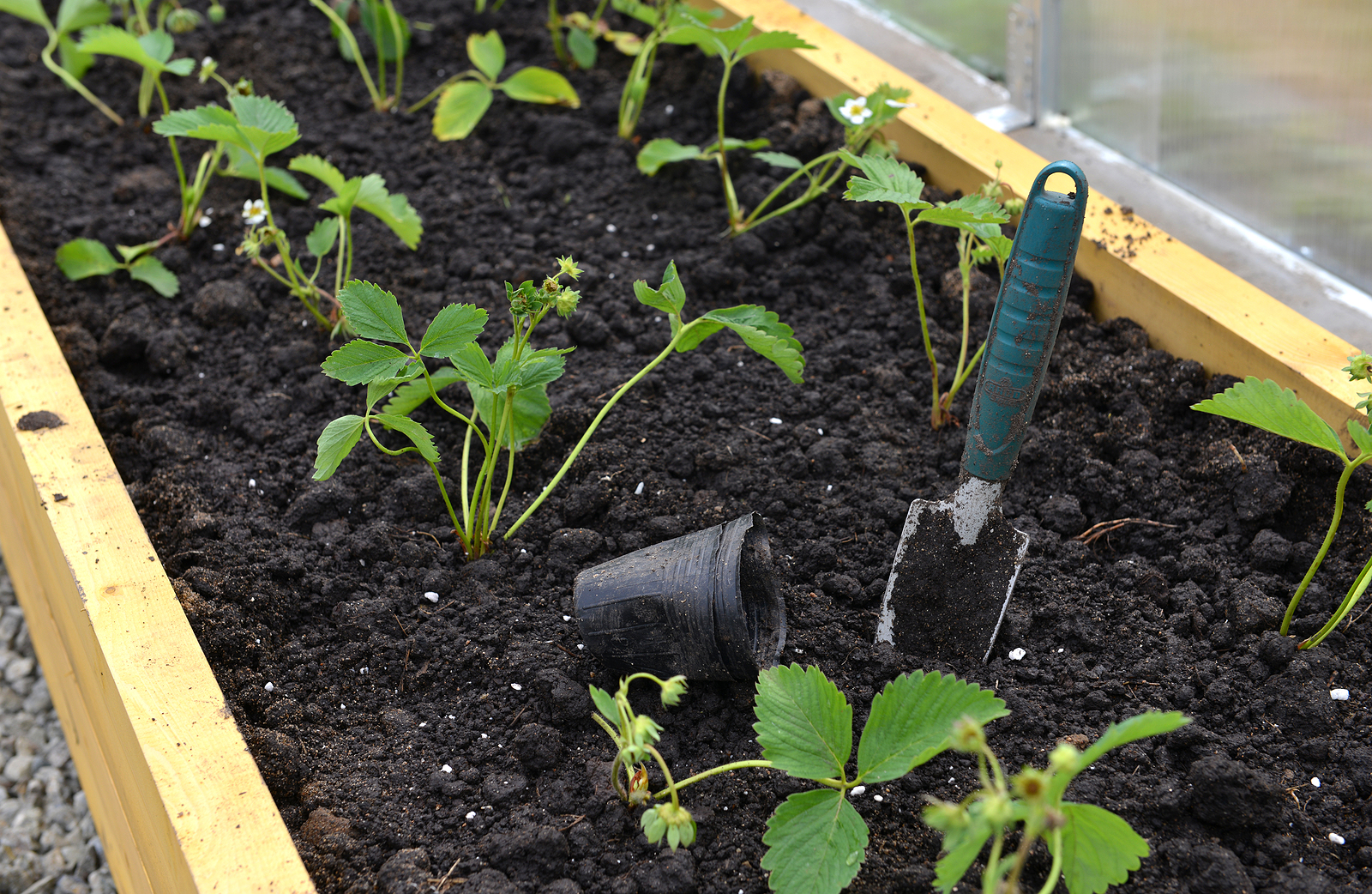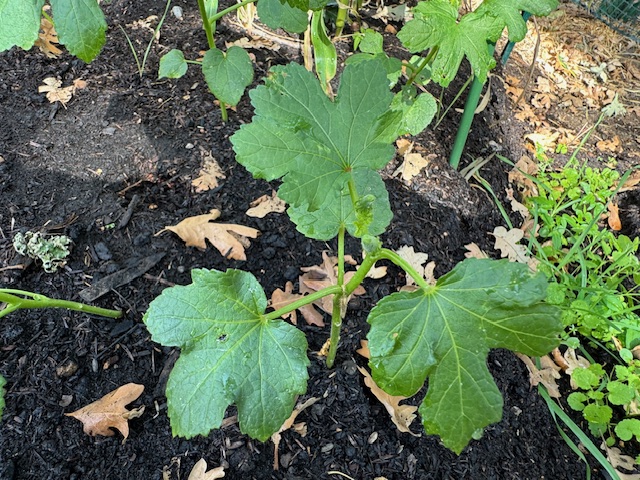Watering, Feeding, and Caring for Pumpkins: A Complete Guide
Caring for pumpkins isn’t complicated, but consistent watering, the right feeding schedule, and smart mulching can make a huge difference. In this guide, I’ll walk you through my step-by-step approach to growing healthy, vigorous pumpkin vines with fewer issues along the way. Watering Pumpkins Water pumpkin seedlings well, and keep the soil moist throughout the […] More

